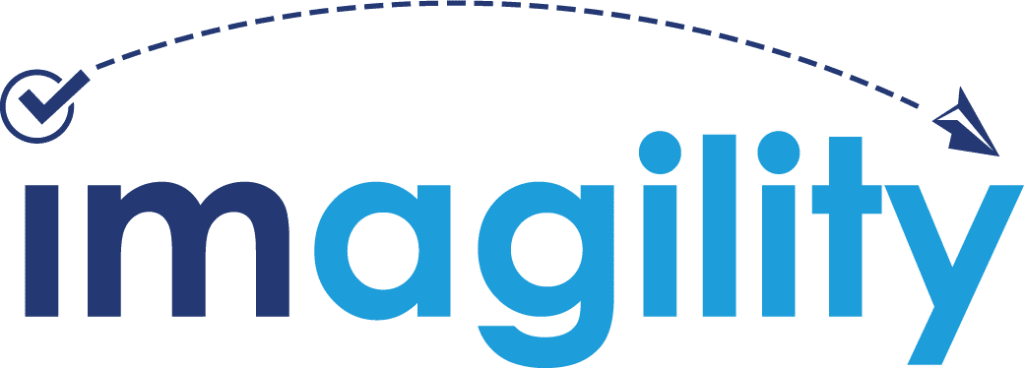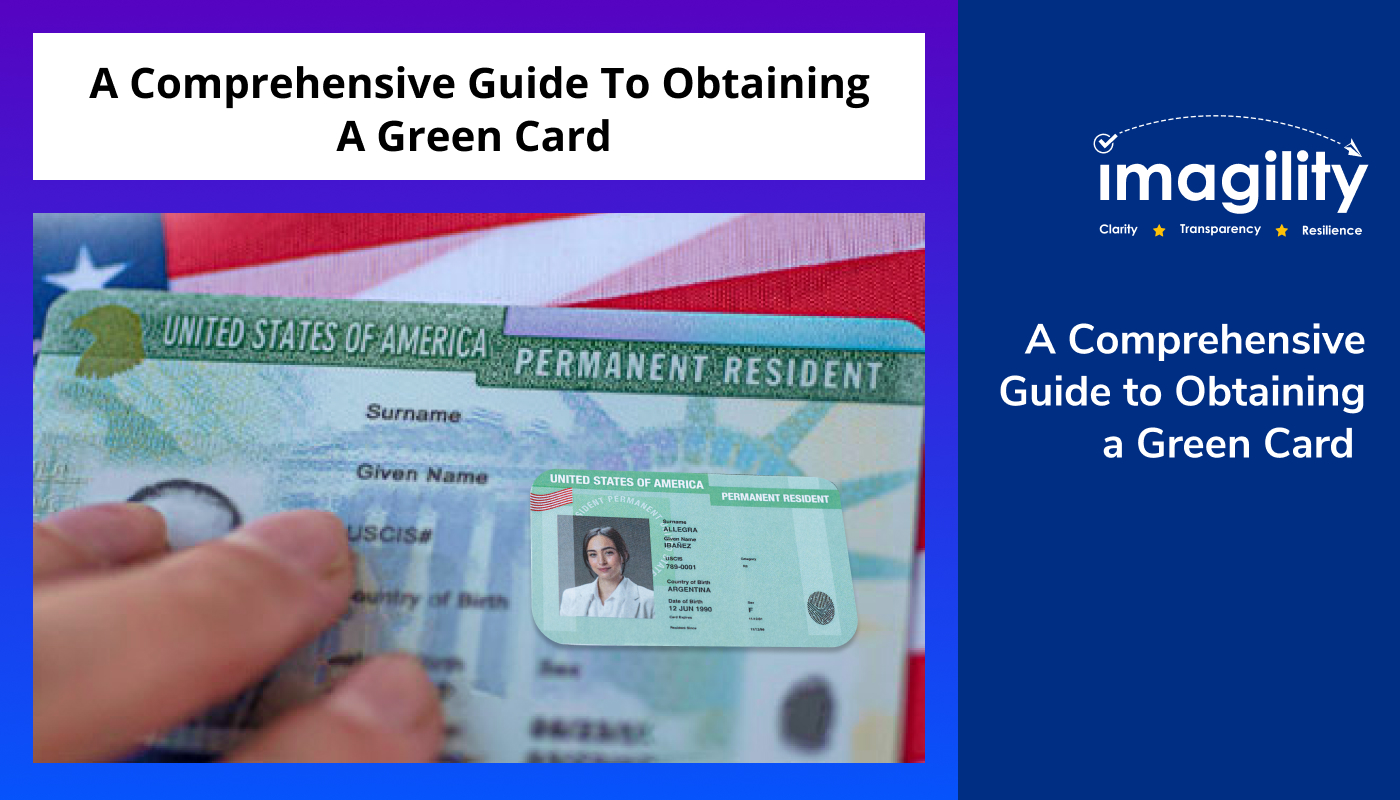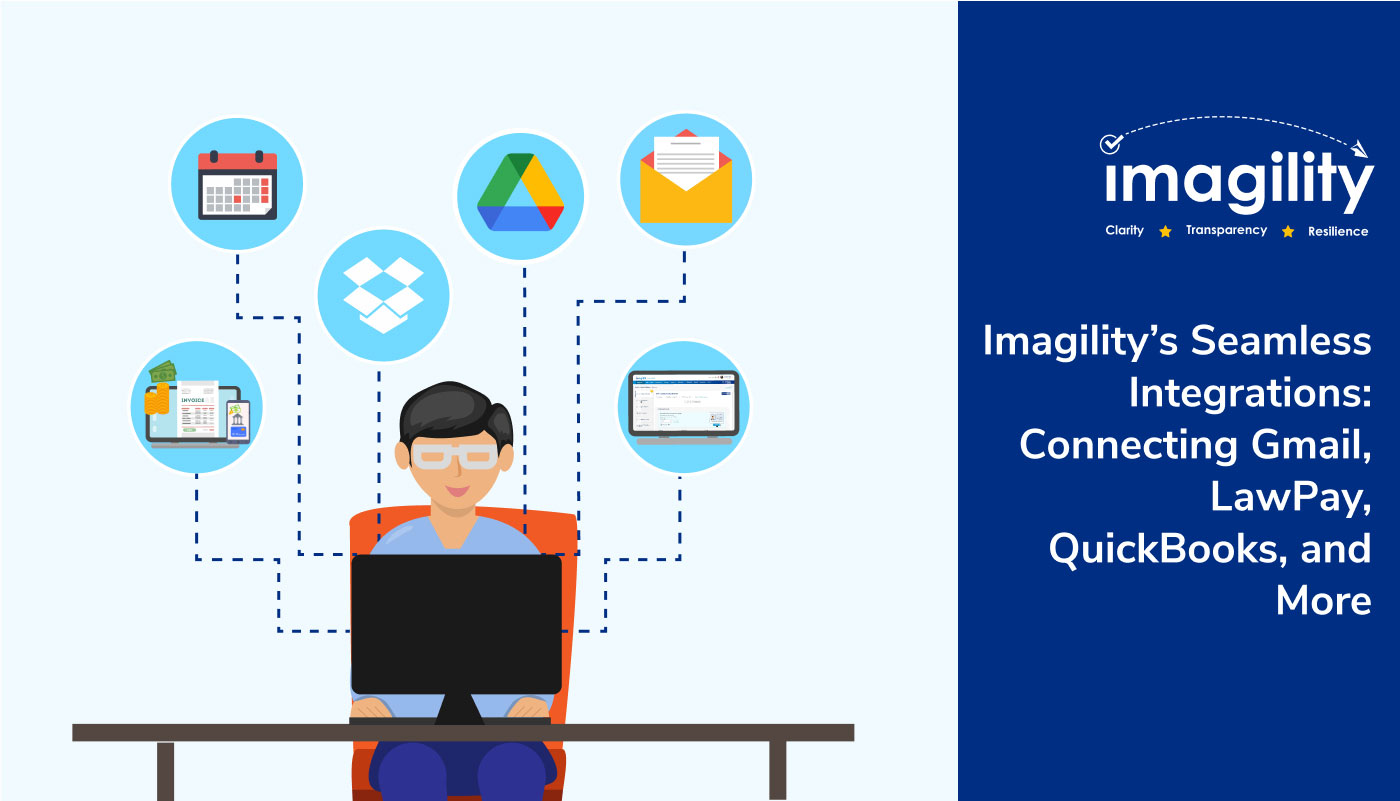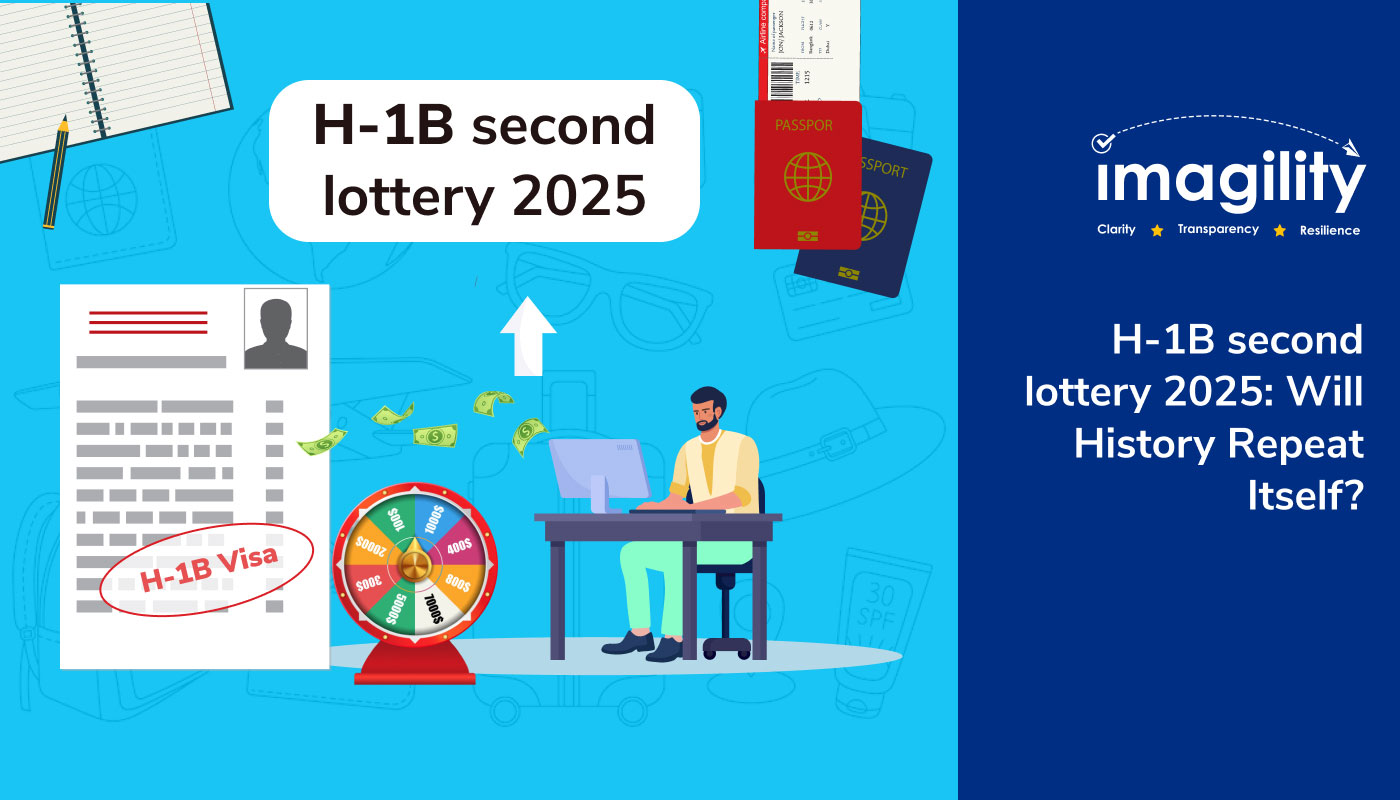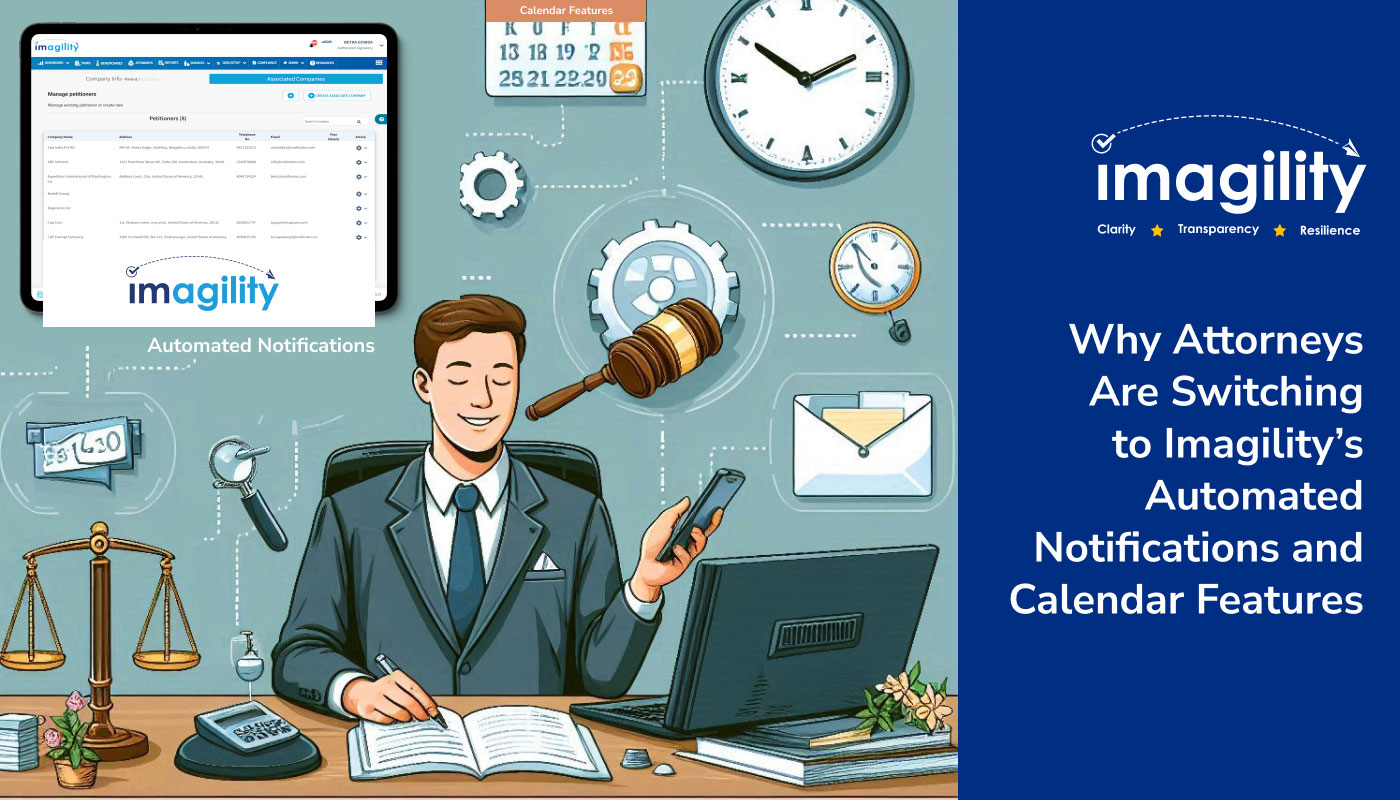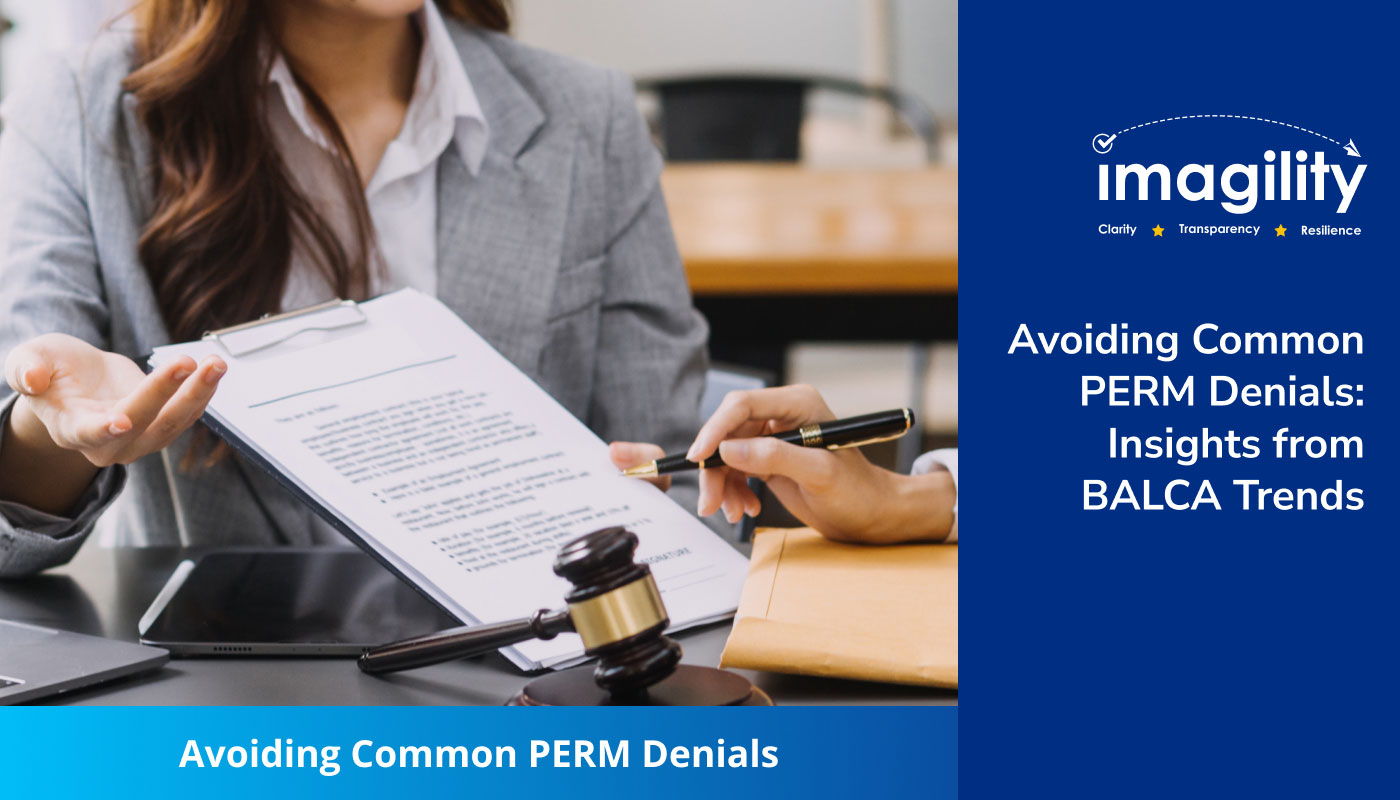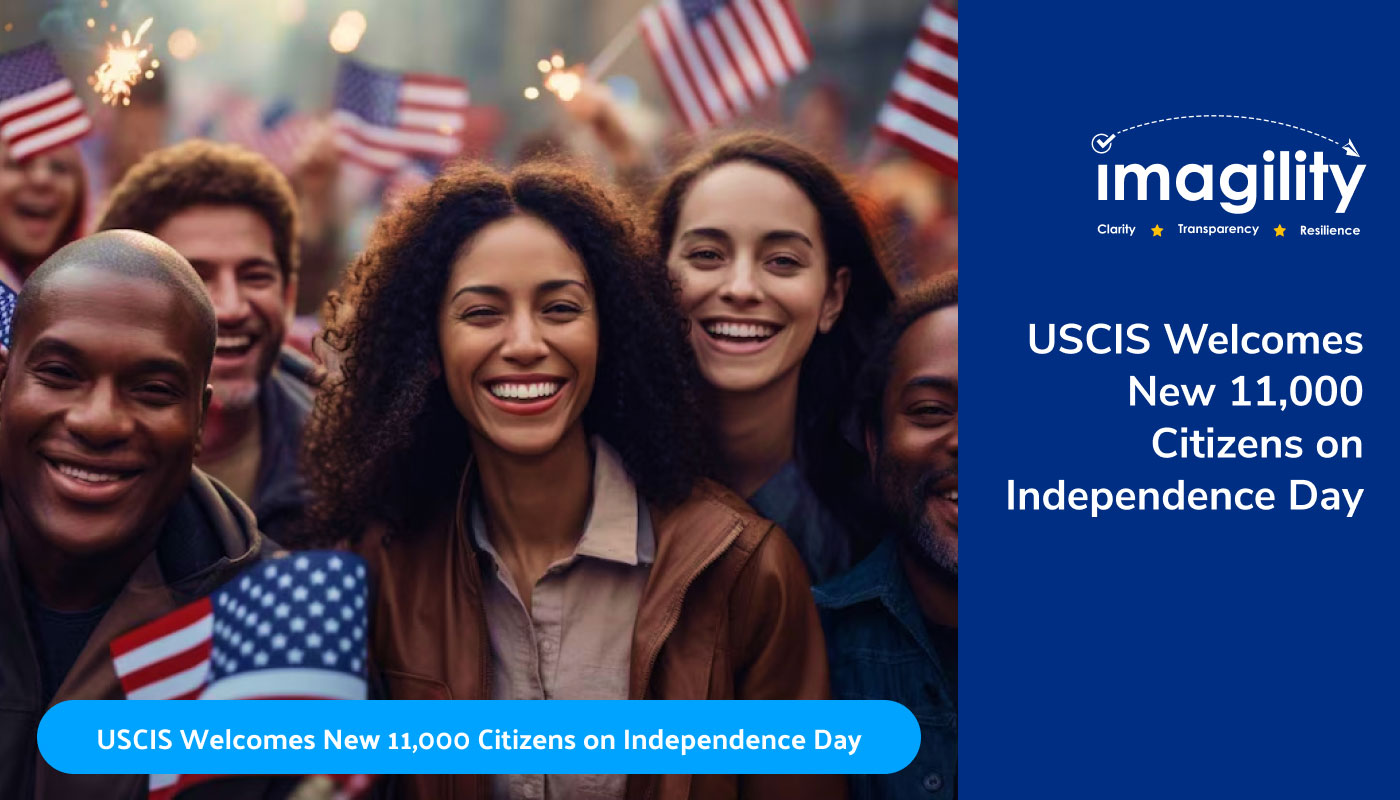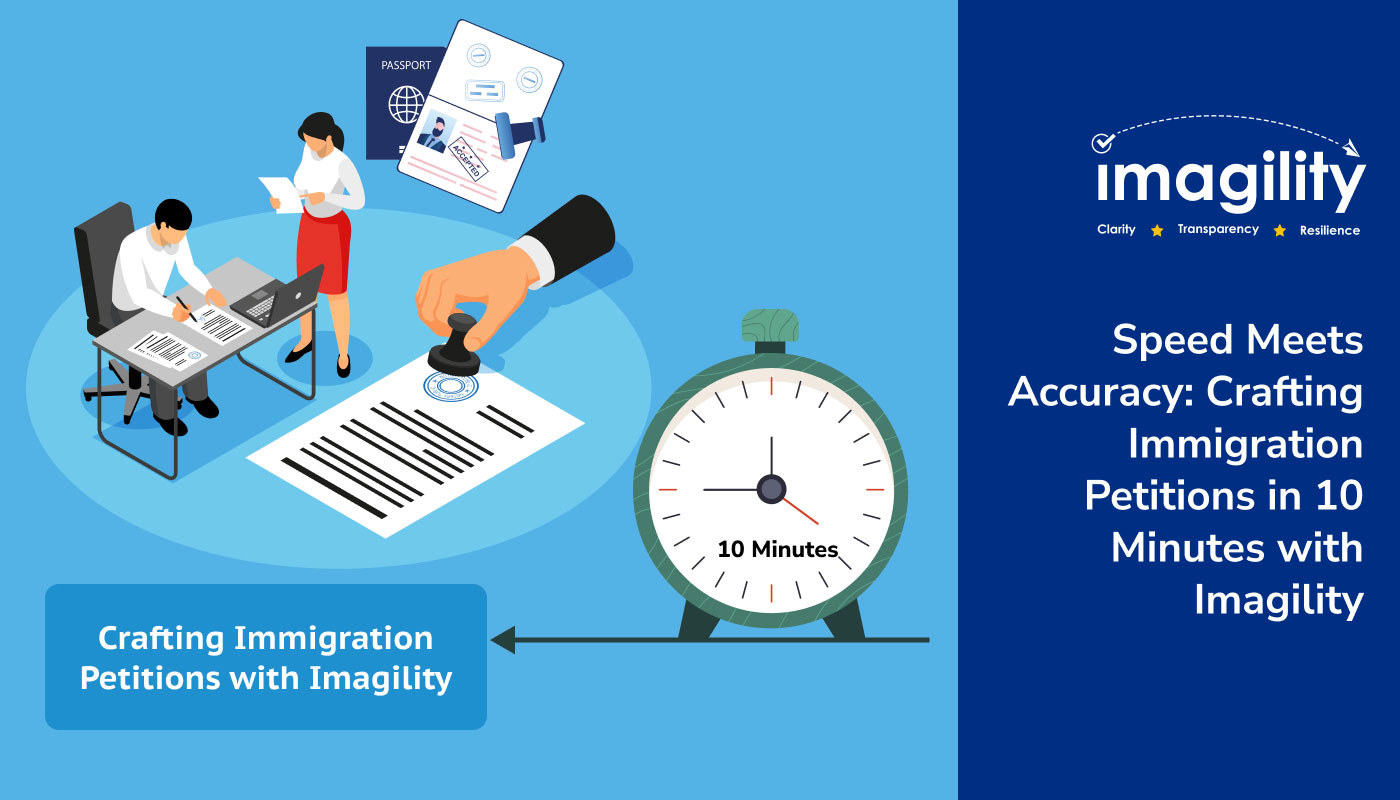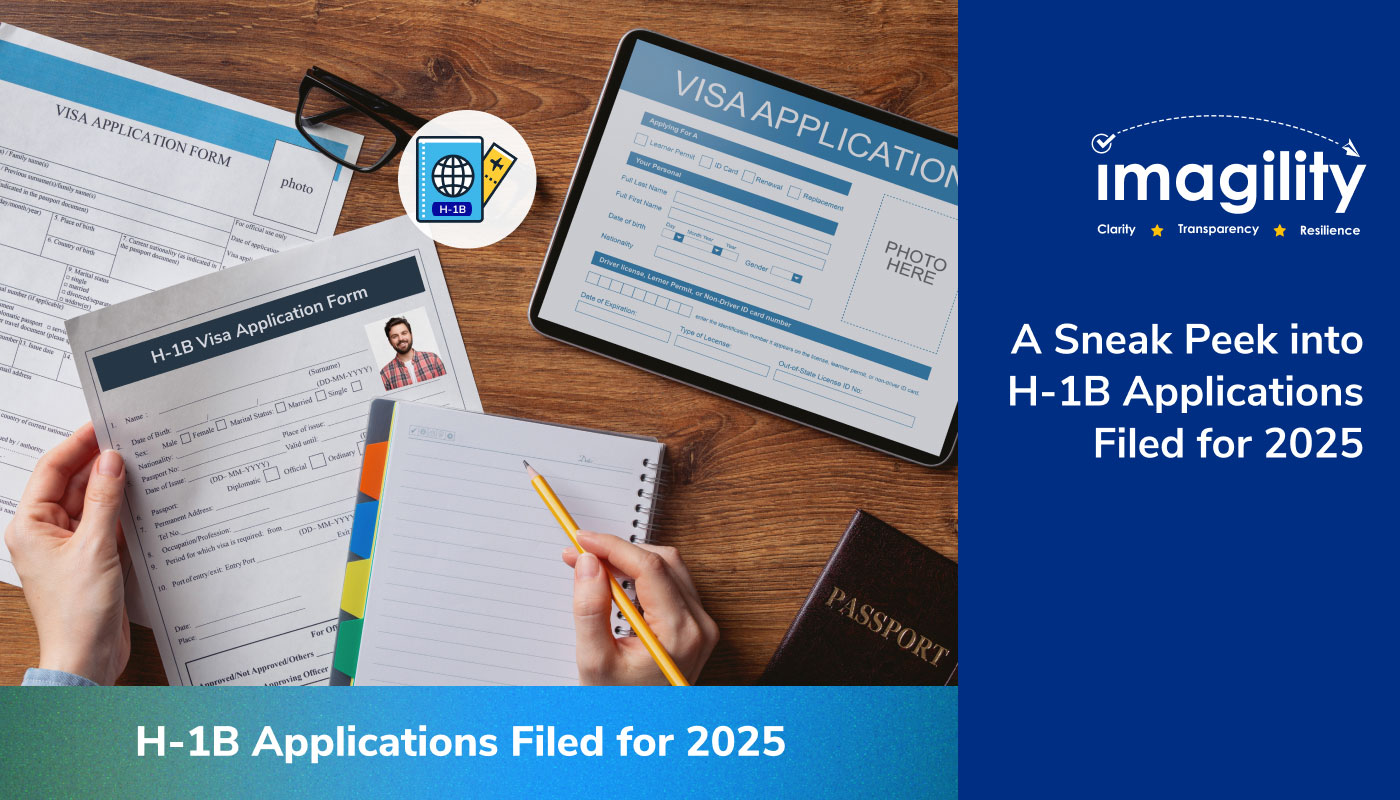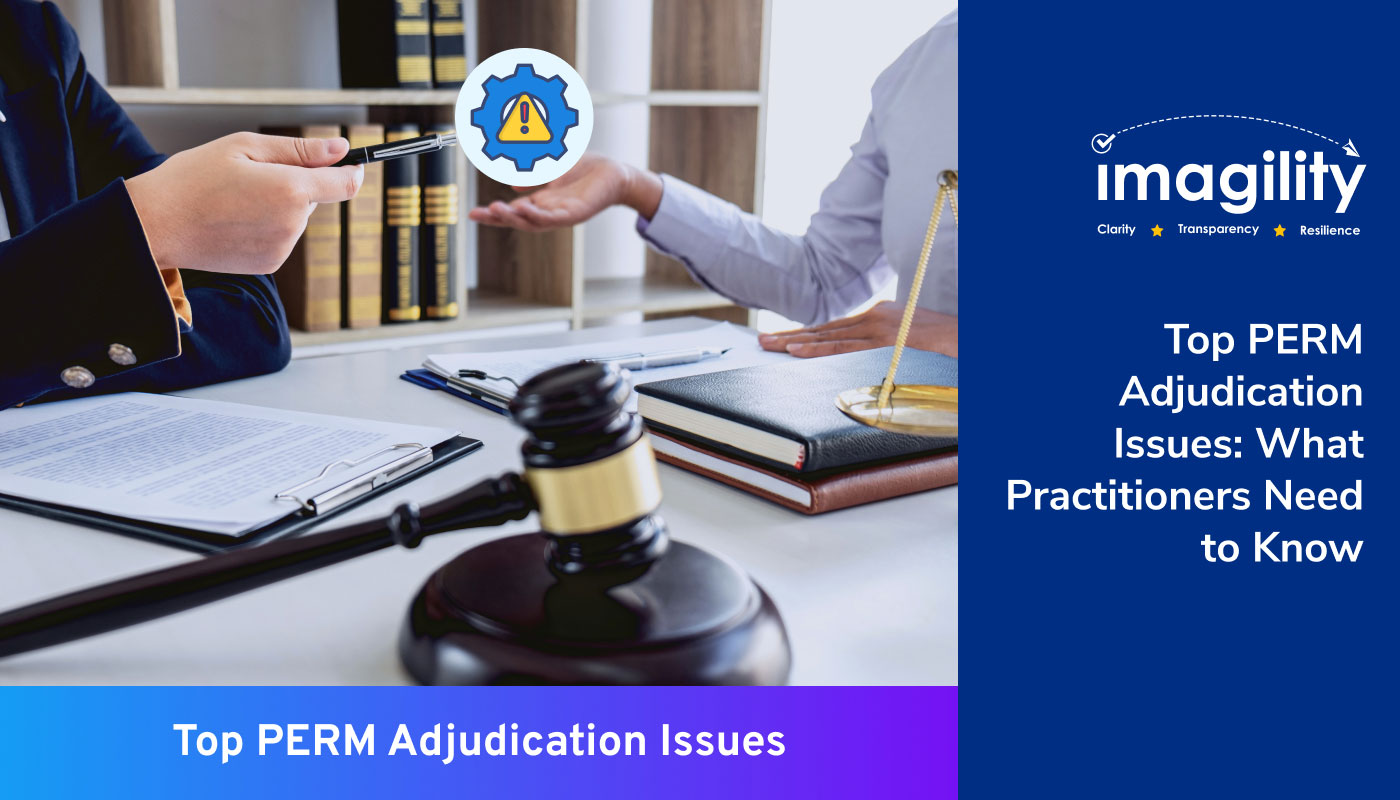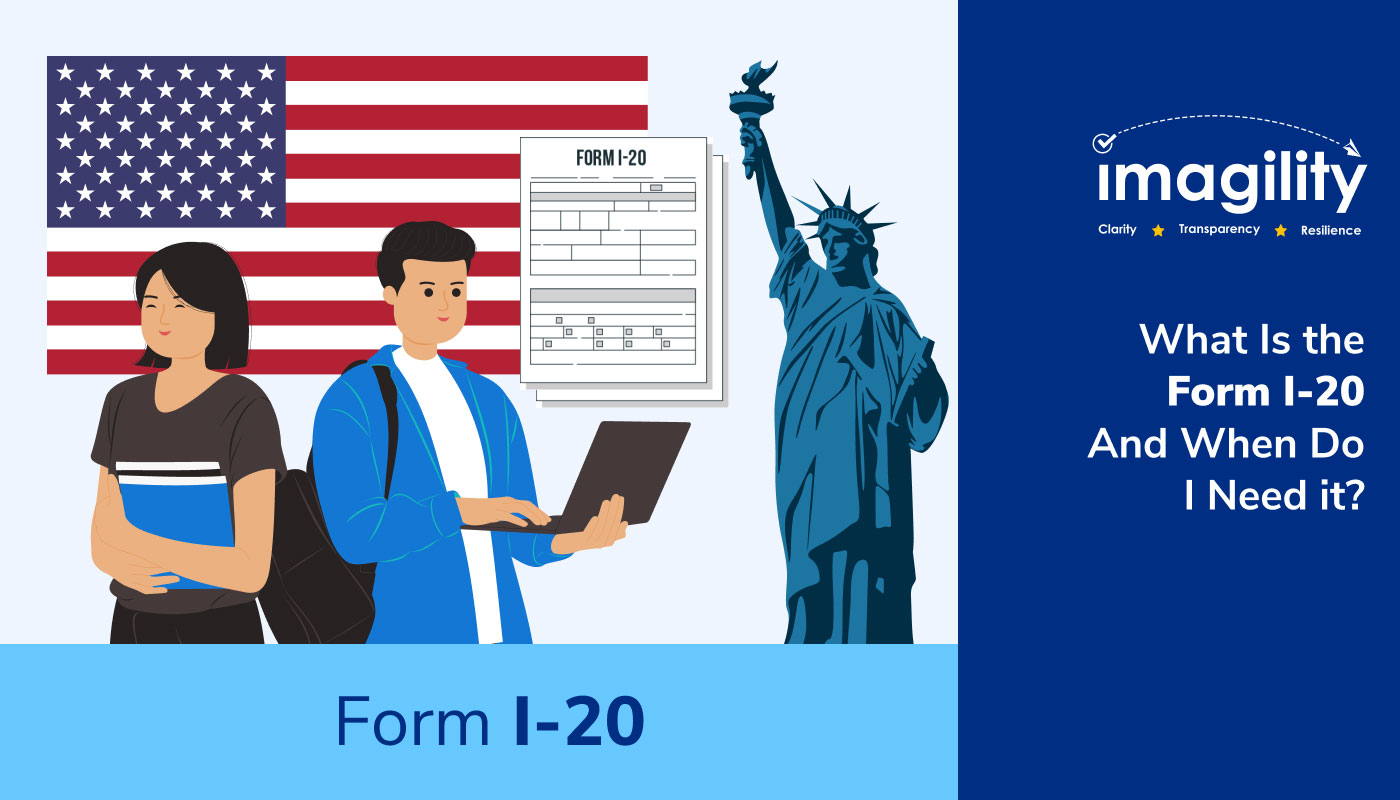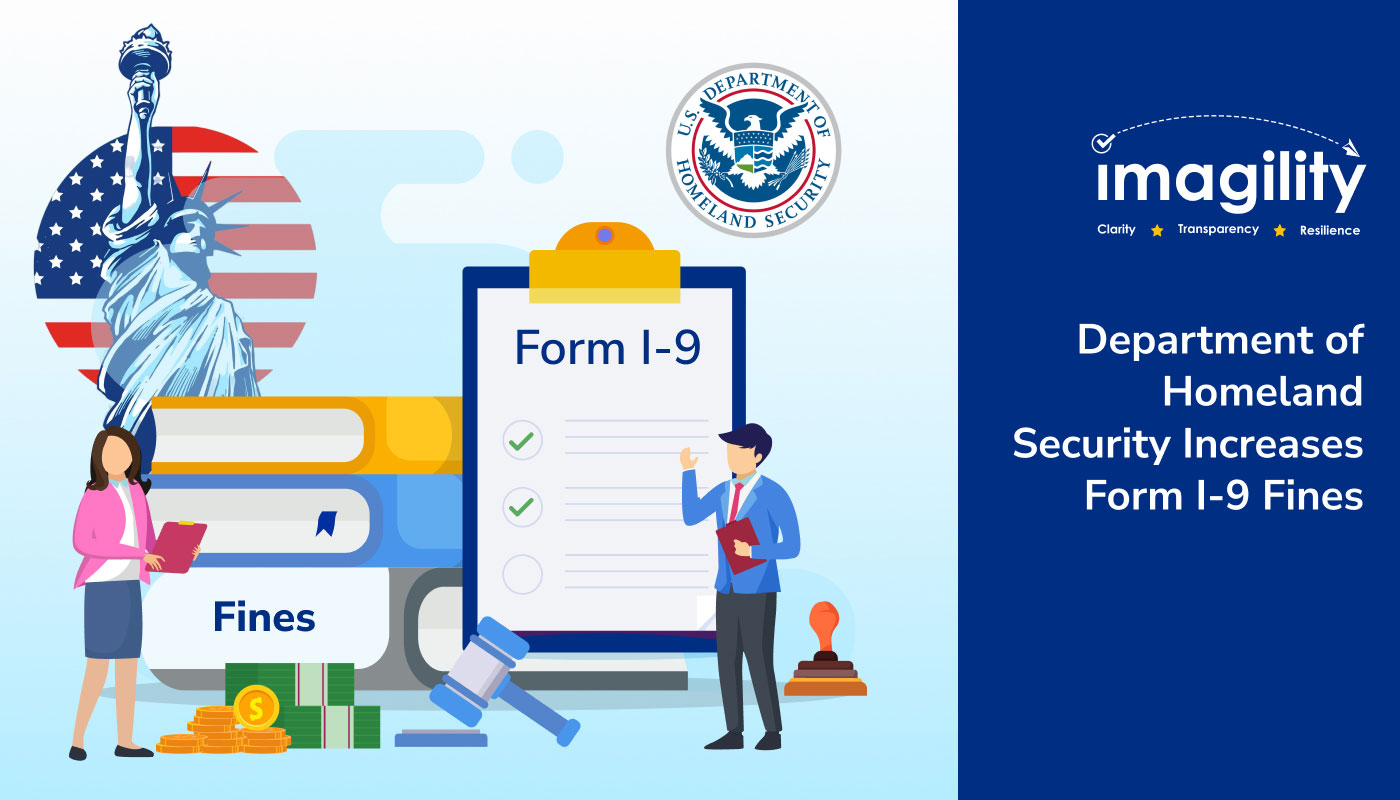The Ultimate Guide to the Best Green Card: Options for Permanent Residency
The permanent resident case, well-known as the Green Card, is granted to immigrants who are offered lawful permanent residency in the United States. This is one of the most coveted immigration statuses that opens doors to long-term residency and opportunities in the country.
If you are looking forward to becoming a “Green Card” holder in the U.S., it is crucial to understand the different green card options. In this comprehensive guide, we will explore the best green card options available, including eligibility requirements, application processes, and key considerations to help you navigate the journey to becoming a lawful permanent resident of the U.S.
Types of Green Cards
- Diversity Lottery Green Card
- Family-Based Green Card
- Employment-Based Green Card
- Humanitarian Green Cards
Diversity Visa Lottery Green Card
The Diversity Visa (DV) Lottery Program, commonly known as the Green Card Lottery, offers a unique opportunity for individuals from countries with low rates of immigration to the U.S. to obtain permanent residency. Through a computerized random selection process, winners of the lottery program are chosen. Such winners of the DV Lottery can apply for a Green Card and pursue permanent residency in the country. However, eligibility is limited to individuals from eligible countries, and careful attention to application instructions is necessary to avoid disqualification.
The Diversity Visa (DV) Lottery Program, also known as the Green Card Lottery, is an exciting avenue for individuals from countries with low rates of immigration to the United States. Each year, the U.S. Department of State allocates a limited number of diversity visas through a randomized selection process. If you are fortunate enough to win a DV Lottery, you may be able to apply for a Green Card and seek permanent residency in the United States.
It is essential to note that not all countries are eligible to participate in the Diversity Visa Lottery. The list of eligible countries is updated annually, and certain countries with high immigration rates to the U.S. are out of the program. Therefore, it’s crucial to check the official U.S. Department of State website or consult with an immigration expert to confirm if your country is eligible to participate in the program.
The application process for the Diversity Visa Lottery typically occurs once a year and is entirely electronic. Requires applicants to submit their entries during the designated registration period, usually announced months in advance. It’s vital to follow the instructions given by the U.S. Department of State carefully and accurately to complete the entry form to avoid disqualification.
Uncover the visual journey
Check out our infographic on Applying for Green Card through Imagility - immigration software!
Family-Sponsored Green Cards
Family-sponsored preference categories allow U.S. citizens and lawful permanent residents to sponsor their family members for green cards. Immediate relatives, which include spouses, unmarried children under 21, and parents of U.S. citizens, and other family members, which include married children of U.S. citizens and siblings of U.S. citizens belong to these categories. The application process begins with the sponsoring U.S. citizen or the lawful permanent resident filing Form I-130, Petition for Alien Relative, with USCIS, followed by visa processing based on the priority date.
The Family-Based Green Card category encompasses four main preference categories. Firstly, F1 is designated for unmarried sons and daughters of U.S. citizens who have surpassed the age of 21. Secondly, F2 is divided into two subcategories: F2A, which includes spouses and unmarried children (under 21) of lawful permanent residents, and F2B, which covers unmarried sons and daughters (21 years old or older) of lawful permanent residents. Moving on, F3 is specifically for married sons and daughters of U.S. citizens. Lastly, F4 is allocated for siblings of U.S. citizens, provided the U.S. citizen is 21 years old or older.
Employment-Based Green Cards
Various employment-based green card programs cater to skilled workers, professionals, and investors seeking permanent residency in the United States. These categories offer notable pathways for obtaining lawful permanent resident status. These categories include EB-1 for priority workers, EB-2 for professionals with advanced degrees, EB-3 for skilled workers and professionals, and EB-5 for immigrant investors. The application process involves labor certification, filing an immigrant petition with USCIS, and attending interviews at U.S. embassies or consulates. When it comes to the Employment-based Green Card process, applicants must be aware of the priority dates. That is because only a limited number of visas are made available each year in this category and the demand for these visas is high. The priority date holds significant importance and this date, determined by the filing date of the immigrant petition, establishes the applicant’s position in the queue for visa processing.
Stay informed and empowered on Green Card matters.
Subscribe to our newsletter today!
Refugee and Asylee Green Cards
In the United States, individuals who have been granted refugee or asylee status are eligible to apply for permanent resident status (green cards) upon meeting certain qualifying criteria. Asylees must have been physically present in the U.S. for at least one year after being granted asylum, while refugees must have been in the U.S. for at least one year since being admitted as refugees. The application process involves filing Form I-485, Application to Register Permanent Residence or Adjust Status, with USCIS to adjust status and obtain a green card.
Benefits of a U.S. Green Card Visa
The U.S. Green Card offers numerous benefits, including the following
- The privilege of living and working anywhere within the borders of the United States.
- Protection through social security, access to education, and government-provided benefits.
- Capable of sponsoring family members to obtain green cards.
- A route to acquiring United States citizenship once residency requirements are fulfilled.
Conclusion
For individuals seeking permanent residency in the United States, the Green Card offers numerous benefits and opportunities. Various pathways lead to obtaining a Green Card, including the Diversity Visa Lottery Program, employment-based categories, family sponsorship, and refugee and asylee status. With a Green Card, individuals can enjoy a brighter and more prosperous future in the country, gaining access to employment opportunities, healthcare, and education benefits.
At Imagility, we are committed to guiding you through the application process and helping you achieve your dreams of permanent residency in the land of opportunities. Embrace the opportunities that the Green Card offers and take the first step toward a promising future in the U.S.
Call us at +1 603 782 4622/+1 617 865 6588 to learn how Imagility can help.
